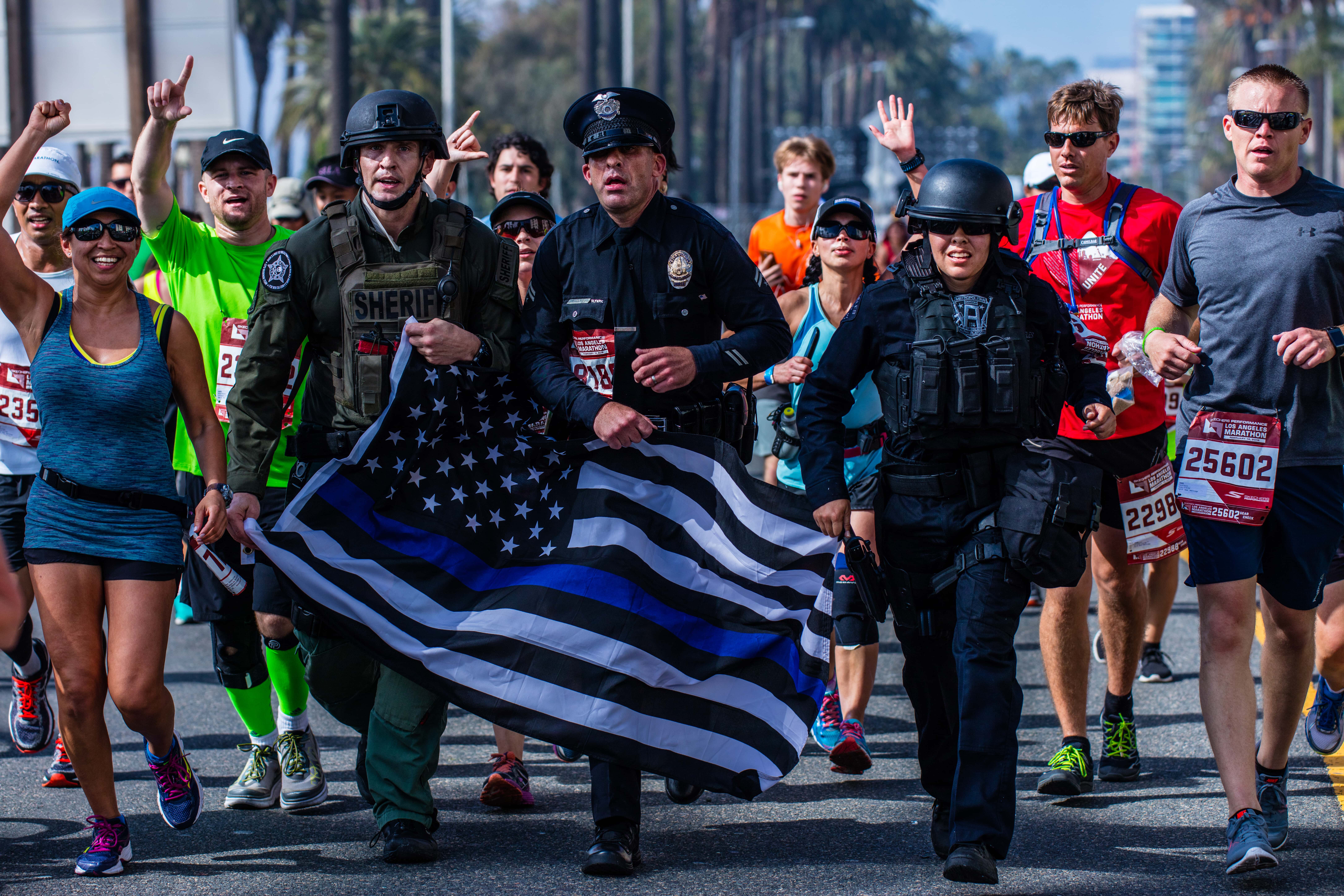We wrote in our previous blog post about the number of mentally ill individuals, many of them homeless, on Los Angeles streets and the impact on LAPD officers. We pointed out that, in the minds of many officers, the police are not equipped to deal with those who cannot understand or deal with authority and whose behavior may be erratic or threatening to these officers and others. Some of these difficult situations have unfortunately led to officer-involved shootings.
It was always our intention to follow up on that overview blog with more information about the Department’s efforts to manage the situation. We are further motivated after hearing from several of our officers who work with the mentally ill to tell the story of the great work they do every day.
It’s well-documented that support for the mentally ill in our society has declined over the years and that a significant number of the homeless living on our streets are mentally ill. When they cause a disturbance in the community, the police are the first to be called.
This is not a new issue for Los Angeles, and the LAPD has been working for years to provide help and resources for the mentally ill to provide appropriate response and treatment—and prevent situations involving the use of force. The LAPD’s Mental Evaluation Unit was one of the first of its kind, leading the nation in law enforcement response to mentally ill suspects, and inspiring several similar programs throughout the country. The LAPD has made mental health training and addressing mental health concerns a priority for over a decade. Through three programs, System Wide Mental Assessment Response Team (SMART), Case Assessment Management Program (CAMP), and Mental Health Intervention Training (MHIT) provided by the Mental Evaluation Training Detail, LAPD officers are able to address a great percentage of mental health issues in the community through joint working, long-term problem solving and enhanced initial response to help prevent officer-involved shootings with mentally ill suspects.
SMART promotes collaboration between officers and mental health professionals by having a representative from each side responding to mental health incidents. The mental health professionals help officers to respond appropriately based on the needs of the suspect and make sure the suspect is taken to the appropriate place of care. CAMP creates long-term change by focusing on solving problems before they start. The CAMP team helps to make sure mentally ill individuals are referred to the appropriate supporting agencies and helps to manage criminal offenses and ongoing risk. One example of this program involved a mother of a mentally ill person who called 911 because she could not leave her child at home alone and needed to pick up the medicine that her child badly needed. The CAMP team helped deliver the medicine and resolved a situation that could have turned hostile.
Through the Mental Evaluation Unit, the LAPD has trained nearly 250 officers in the four-day Mental Health Intervention Training (MHIT) course, which is being delivered twice each deployment period since being CA-POST certified, and almost 7,000 in crisis communications and de-escalation training. Together, the three programs have created a strategy to develop relationships between law enforcement, mental health professionals and advocacy groups in order to build a more successful mental health initiative for Los Angeles. In fact, the percent of incidents resulting in use of force involving persons suffering from a mental illness are low. Only 3 percent of all mental health crisis contacts result in uses of force (380 NCUOF out of 13,800 calls). We believe this percentage is so low because officers are properly managing mental health-related crisis calls. They are taking their time and using effective de-escalation techniques to stop problems before they start and minimize the need for use of force.
While these programs are extremely beneficial to the community, officers have struggled to work with limited resources and funding. That is why we were happy to see the City step up and help us further train our officers. The new preservation of life training will be extremely beneficial to officers in various roles to help identify and de-escalate situations involving mentally ill suspects. Additionally, the implementation of housing for the homeless population and the creation of a jail for mentally ill inmates will help to keep the homeless off the street and to get them the help that they need. We hope these programs will help prevent dangerous situations from happening to themselves and others.
However, despite extensive training and new resources, the problems of homelessness and mental illness are vast, and the public must understand that situations may still arise when an officer’s sense of threat and imminent mortal danger may rise to a level in which the use of lethal force is justified. This is not desirable, and we do whatever we can to avoid such situations. Police officers make every effort to diffuse volatile situations, employ non-lethal force, and treat mentally ill individuals with care. The LAPD is constantly collaborating with the City, the Fire Department and other civic groups to better address the behavior of disturbed individuals. However, in those incidents in which hard core resistance occurs, officers have been charged with a duty to protect the public and themselves. When any individual, for whatever reason, threatens the life of another, the police are trained to use force to protect themselves and the public. We are grateful that these instances are increasingly rare thanks to the LAPD’s many efforts.
We invite you to share your thoughts by leaving a comment below.











